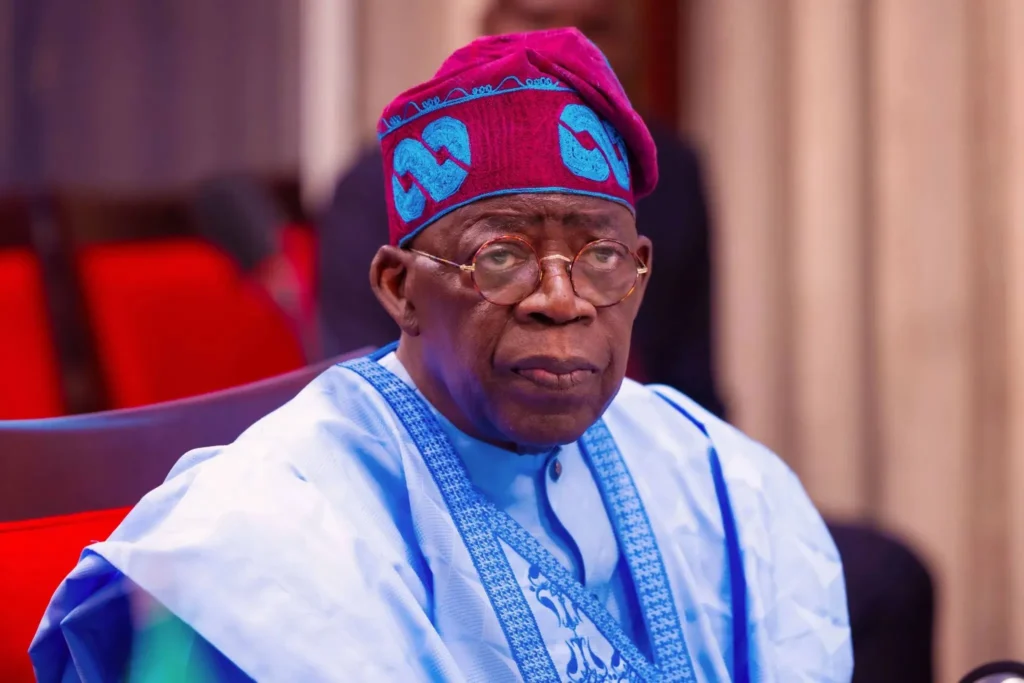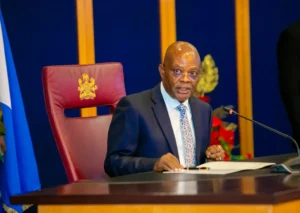Stakeholders have expressed support for President Bola Ahmed Tinubu’s recent decision to ban foreign goods, describing it as a critical move to boost local businesses like Dangote Refinery and Innoson Motors amidst Nigeria’s struggling economy.
The Chief Executive Officer of the Centre for the Promotion of Private Enterprise (CPPE), Muda Yusuf; CEO of SD & D Capital Management, Gbolade Idakolo; and National President of the Petroleum Products Retail Owners Association of Nigeria (PETROAN), Billy Gillis-Harry, shared their views in separate interviews with DAILY POST on Monday.
This development follows the Federal Executive Council (FEC) meeting, presided over by President Tinubu at the presidential villa, where the government resolved to stop the procurement of foreign goods and services by ministries, departments, and agencies.
According to Minister of Information and National Orientation, Mohammed Idris, the initiative, referred to as the “Nigeria First Policy,” aims to prioritize locally made goods and services to strengthen the economy. The Minister revealed that the Attorney General has been instructed to draft an Executive Order to provide legal backing for this policy.
Idris explained that the policy is part of the administration’s strategy to achieve industrialization and reduce dependence on imports. If implemented, it is expected to significantly cut down import bills, which reached N16.6 trillion in the last quarter of 2024.
The International Monetary Fund estimates Nigeria’s GDP at $253 billion in 2025, trailing Algeria, Egypt, and South Africa. Stakeholders believe this policy could help bridge that gap and improve economic performance.
Muda Yusuf, CEO of CPPE, emphasized that the policy’s implementation across federal and state levels would have a multiplier effect on the GDP, creating jobs, conserving foreign exchange, and supporting local production. He urged the government to broaden the policy to include foreign services and enforce compliance.
Yusuf also pointed out the need to patronize local professionals and products, such as IT services, software development, and furniture manufacturing, while reducing unnecessary imports like petroleum products and pharmaceuticals.
Gbolade Idakolo of SD & D Capital Management noted that if properly implemented, the policy could reduce foreign exchange usage for imports, ease pressure on the naira, and sustain the trade surplus Nigeria achieved in 2024. He believes this policy could strengthen the economy and solidify gains in 2025.
PETROAN President Billy Gillis-Harry called the ban the most promising policy he has witnessed in his lifetime. He urged Nigerians to make sacrifices to ensure its success, expressing hope that the policy could position Nigeria as a global economic power.







